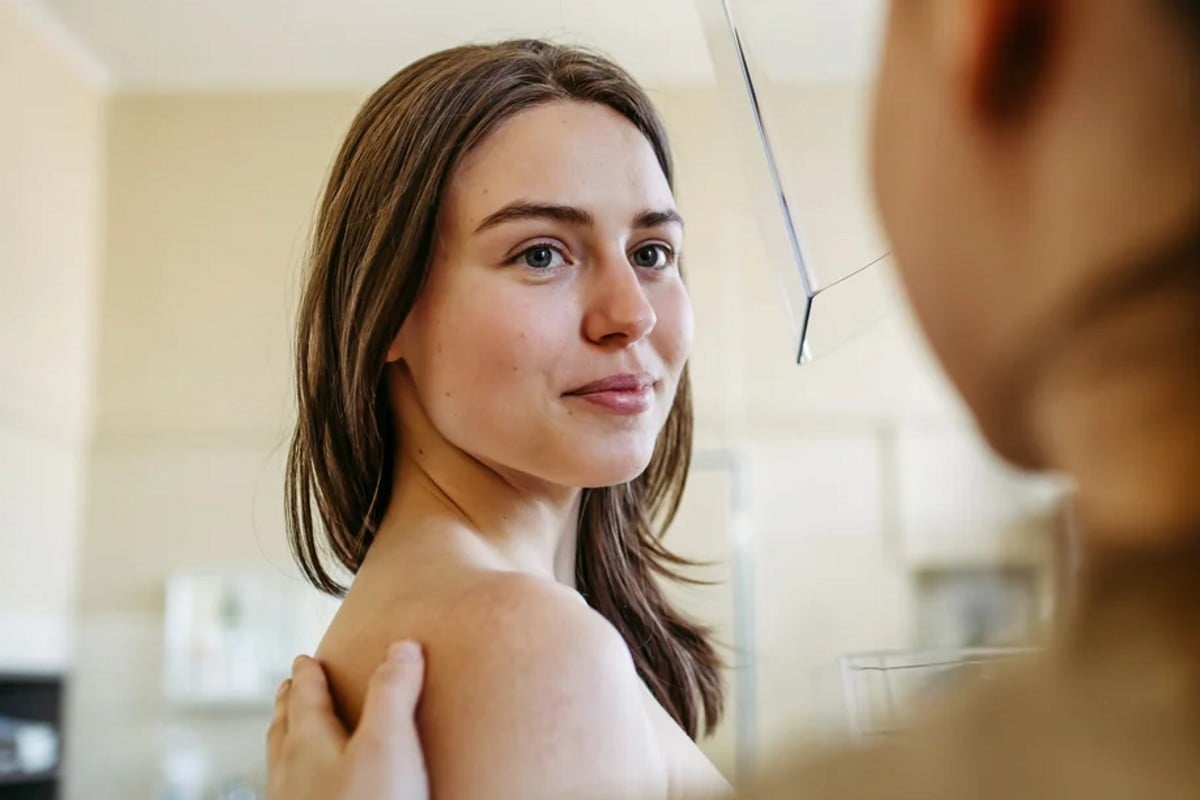

Your 20s are often dubbed the decade of invincibility — filled with late nights, questionable food choices and the unshakeable belief that your body can bounce back from anything.
But here's the plot twist: Your 20s are actually the ideal time to start taking charge of your health.
We get it — the idea of booking regular health checks can feel overwhelming, and it can raise more questions than answers.





























































































